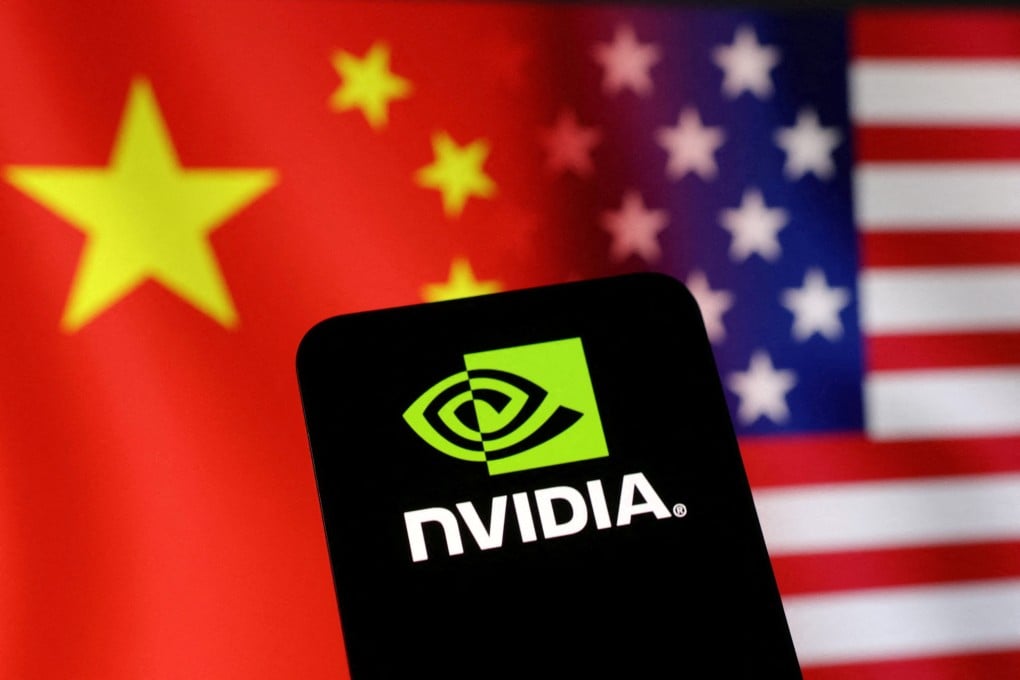Tech war: Nvidia CEO’s China visit seen as sign of market commitment amid US restrictions
The visit was to reassure officials and clients that the company would like to maintain business ties despite US restrictions

According to the official Xinhua news agency, Huang met He Lifeng, the Chinese vice-premier in charge of US-China trade talks, on Thursday. Xinhua quoted Huang as saying that Nvidia would deepen its presence in the Chinese market because of its positive outlook on China’s economic prospects.
The vice-premier told Huang that China welcomes US businesses, including Nvidia, to invest in the country to showcase their “industrial advantages and capabilities”, according to the brief statement from Xinhua.

Huang was accompanied on his visit by Jay Puri, executive vice-president for Nvidia’s global business, and Raymond Teh, Nvidia’s vice-president of sales and marketing for the Asia-Pacific region. Their “mission” was to reassure Chinese officials and clients that the company intends to maintain business ties despite the US restrictions, according to Su Lian Jye, chief analyst at research firm Omdia.
“China remains significant due to its market size and its willingness to invest [in AI],” Su said.